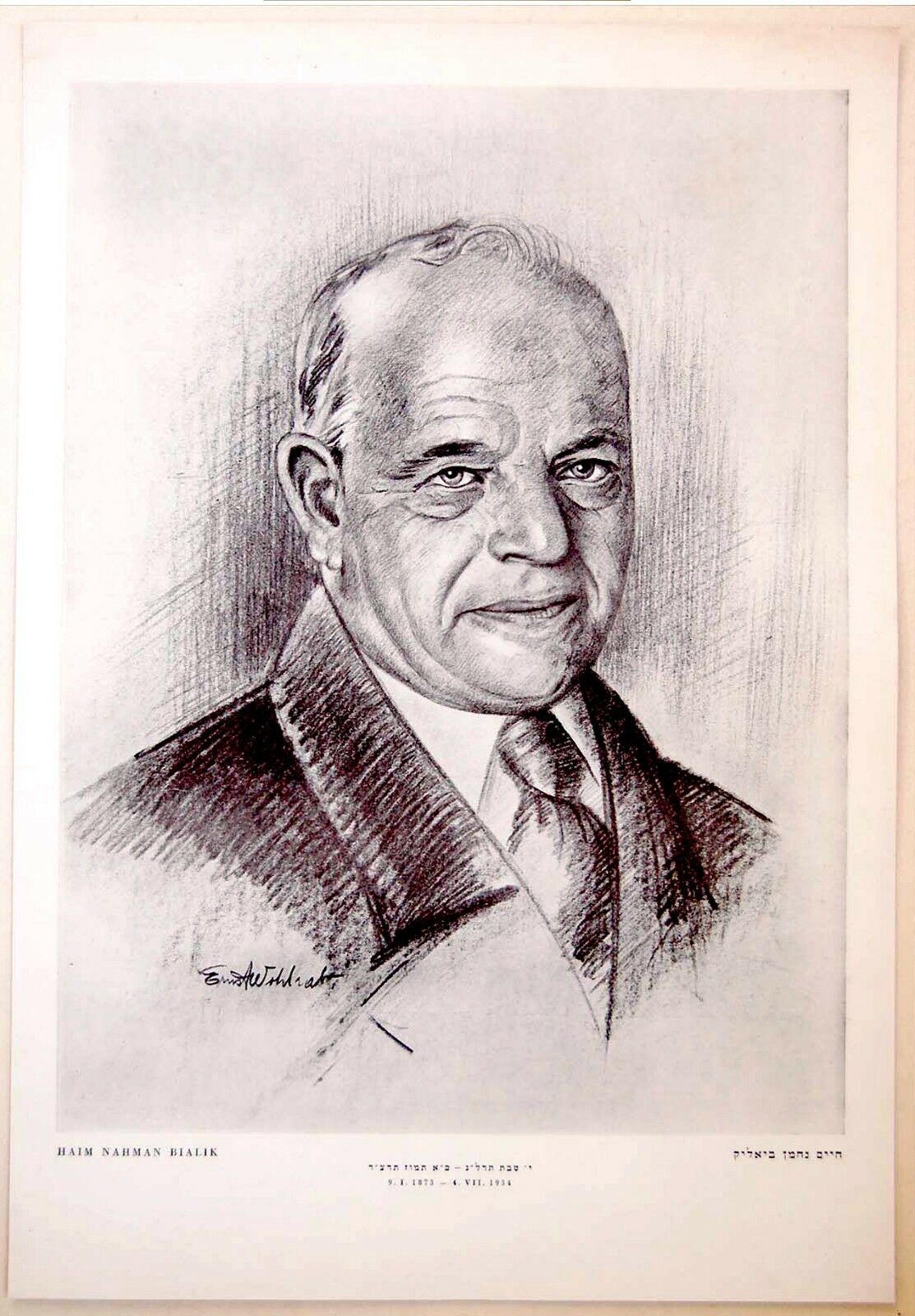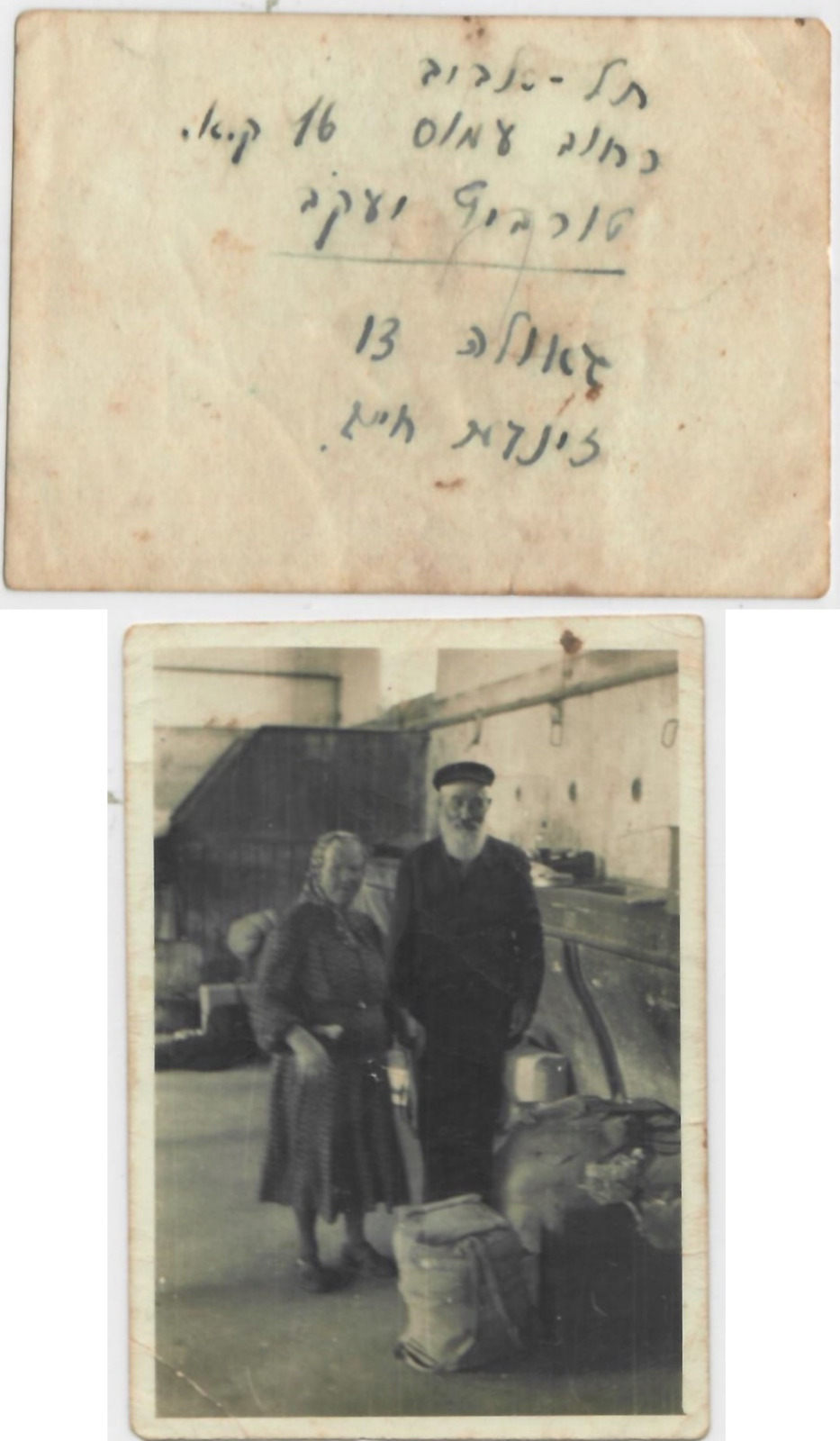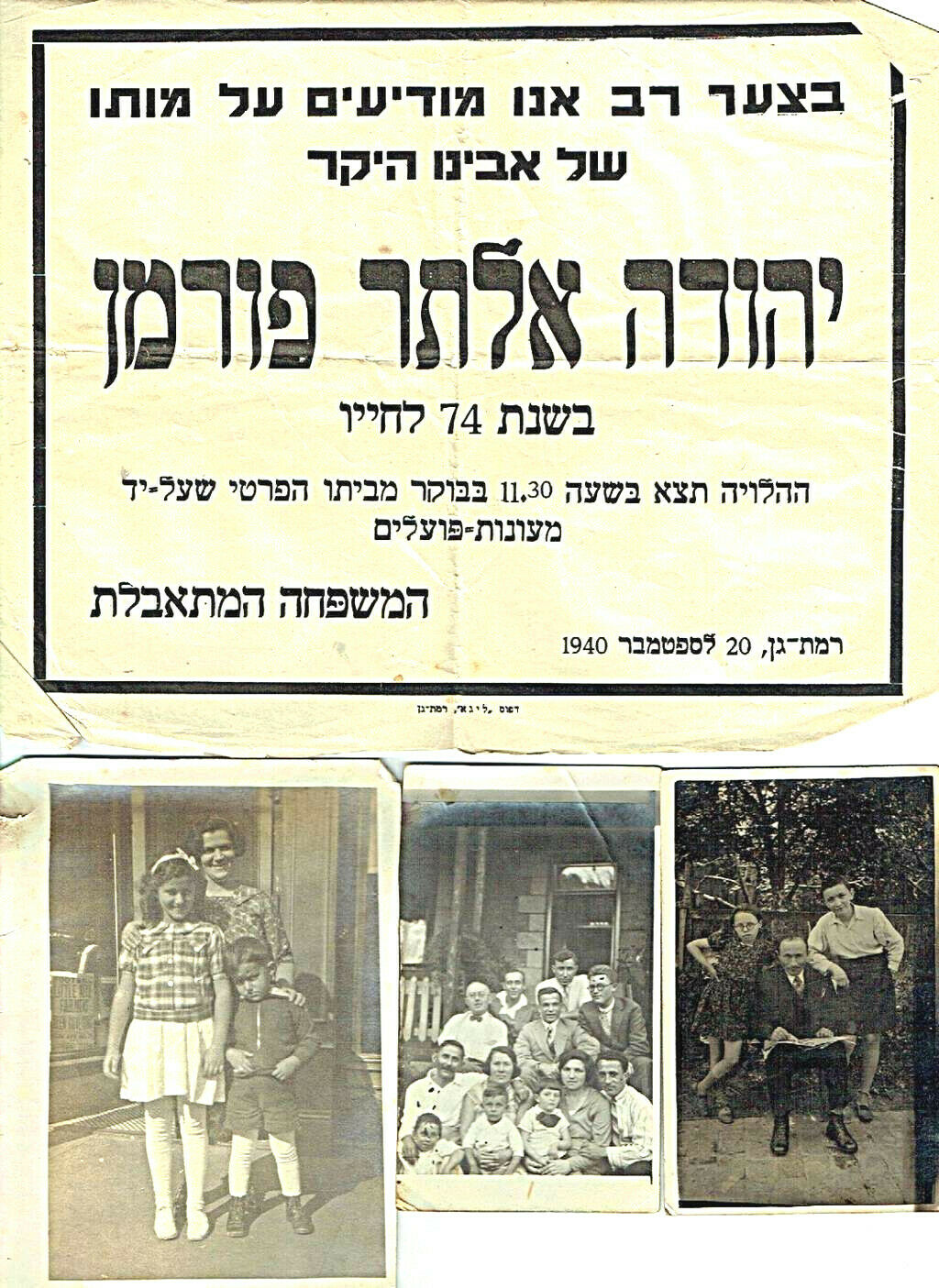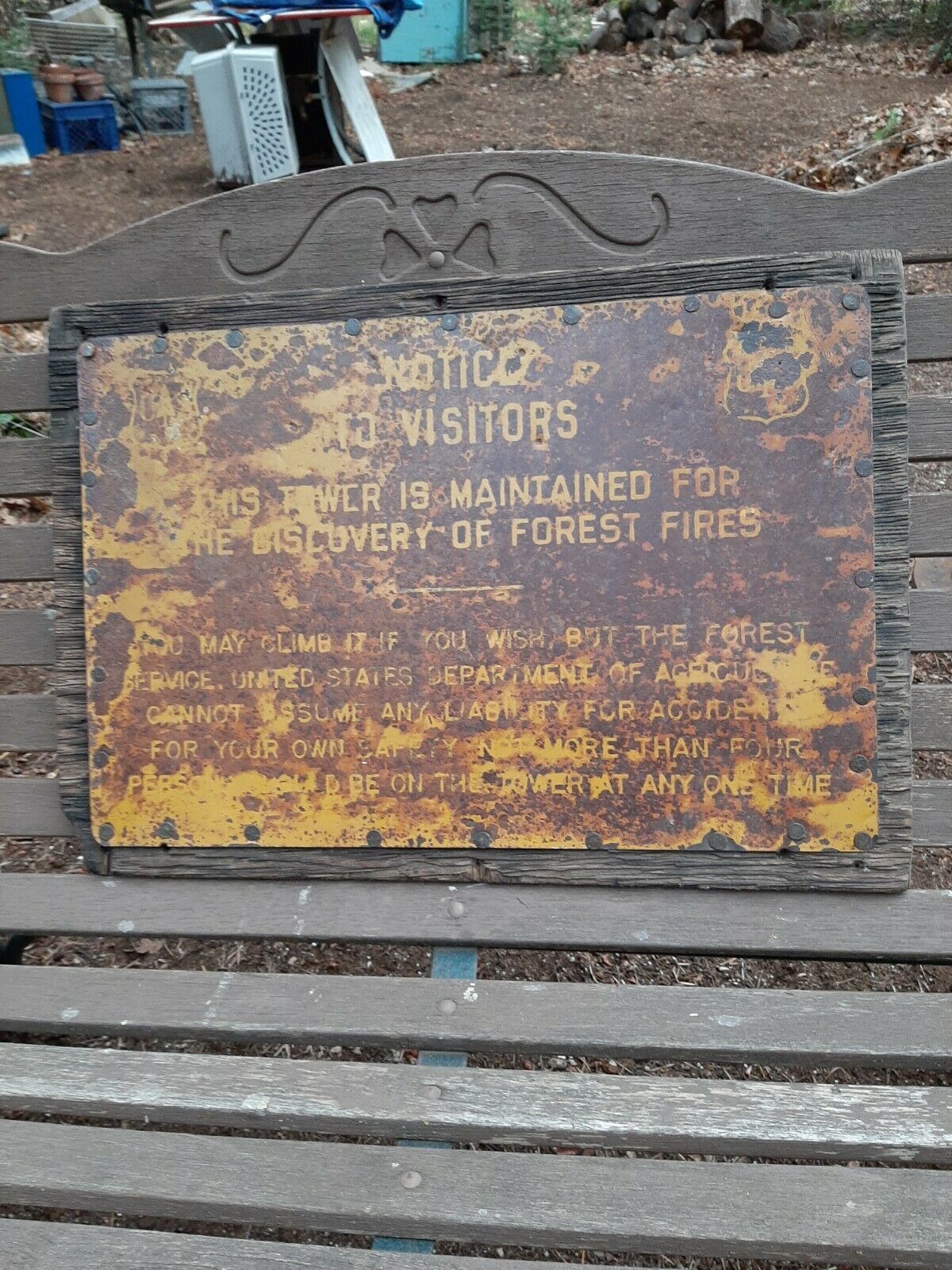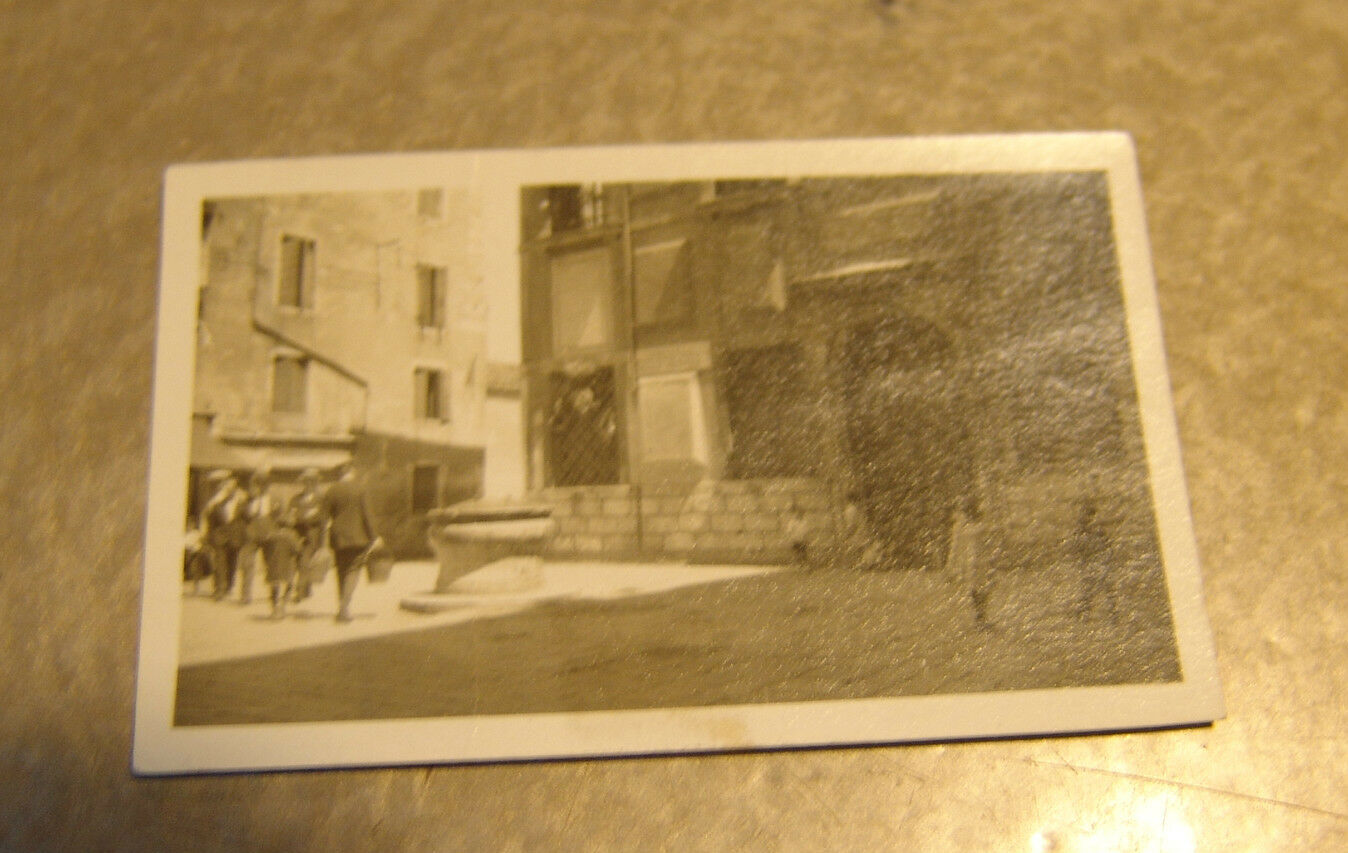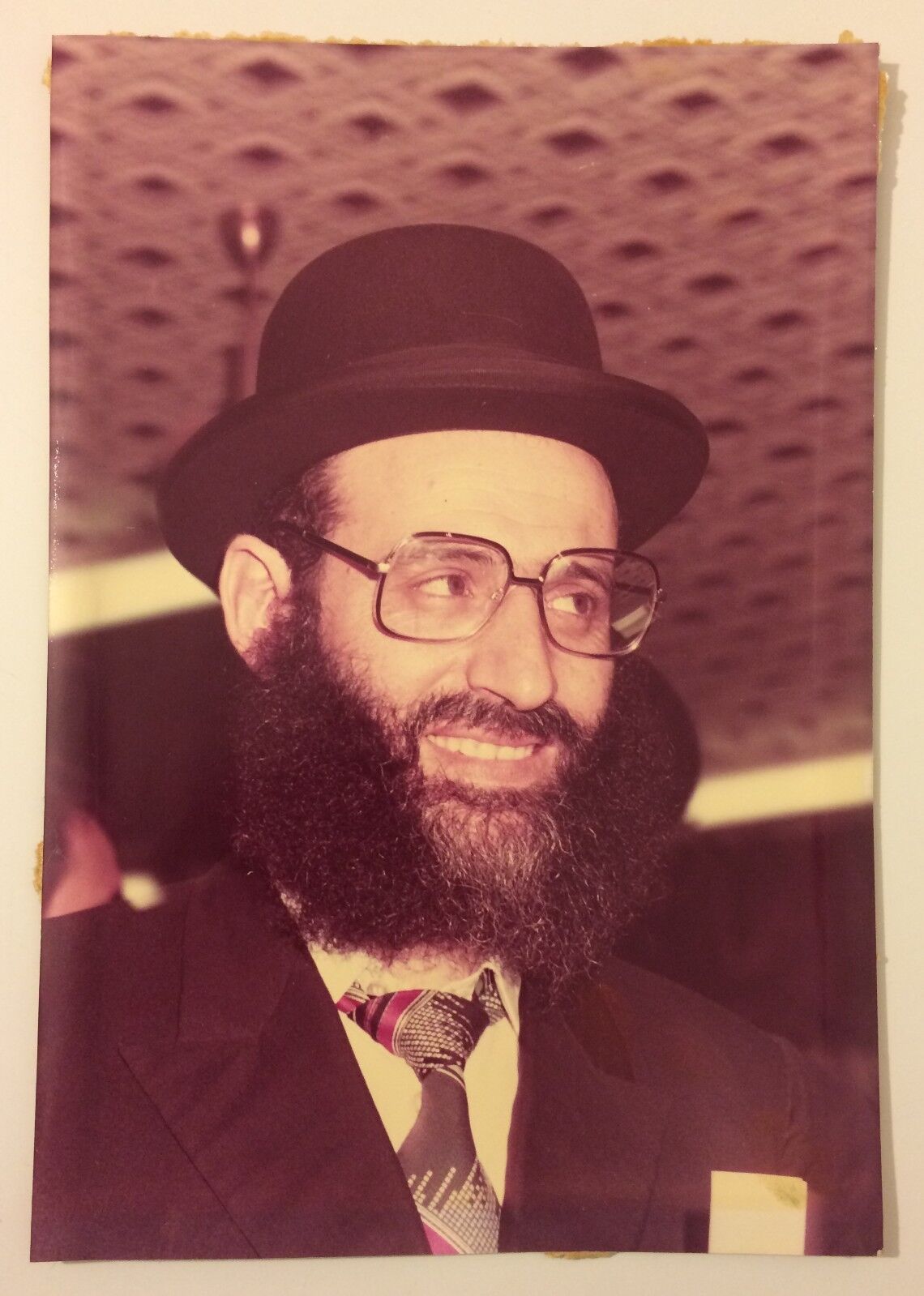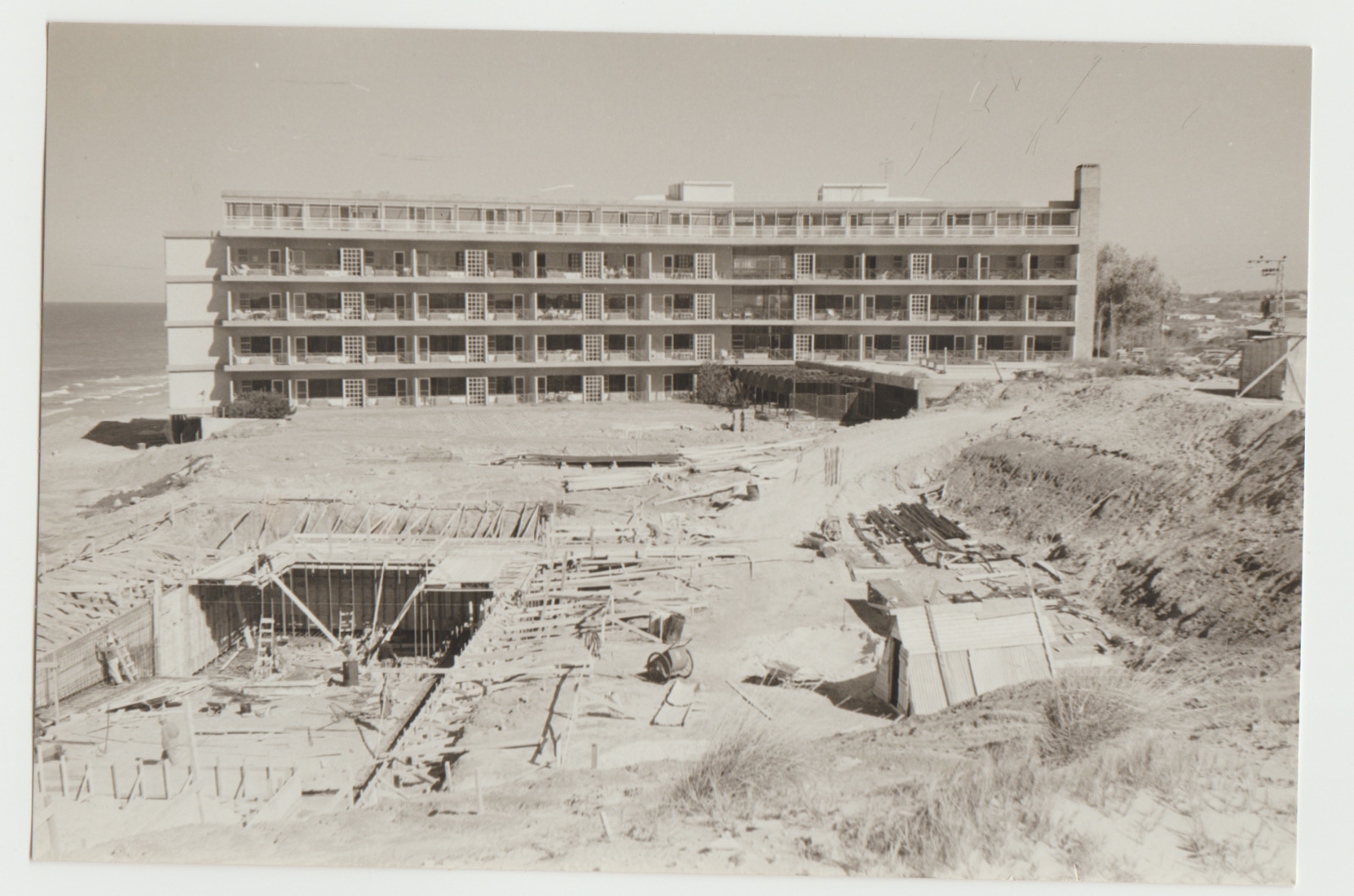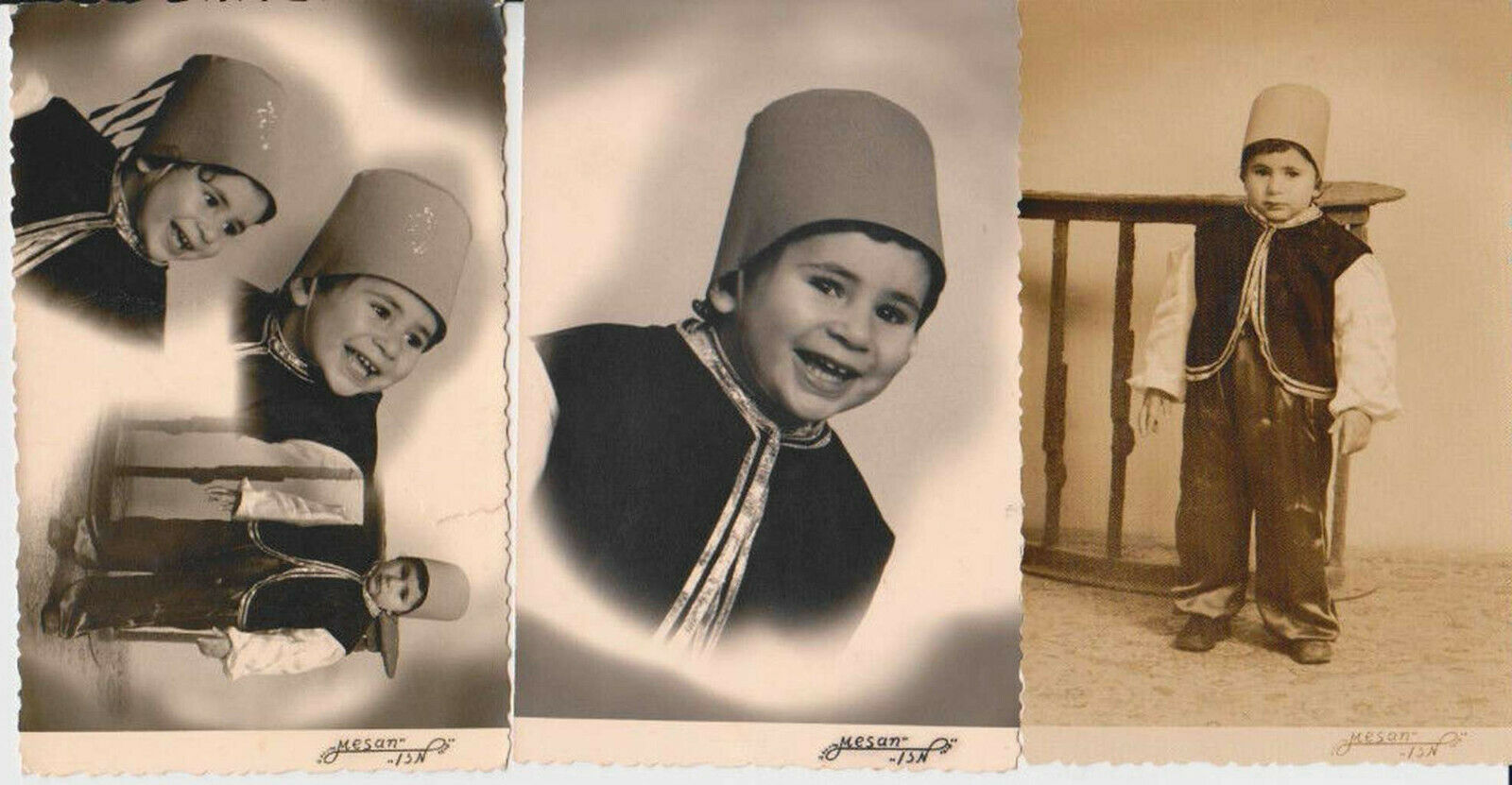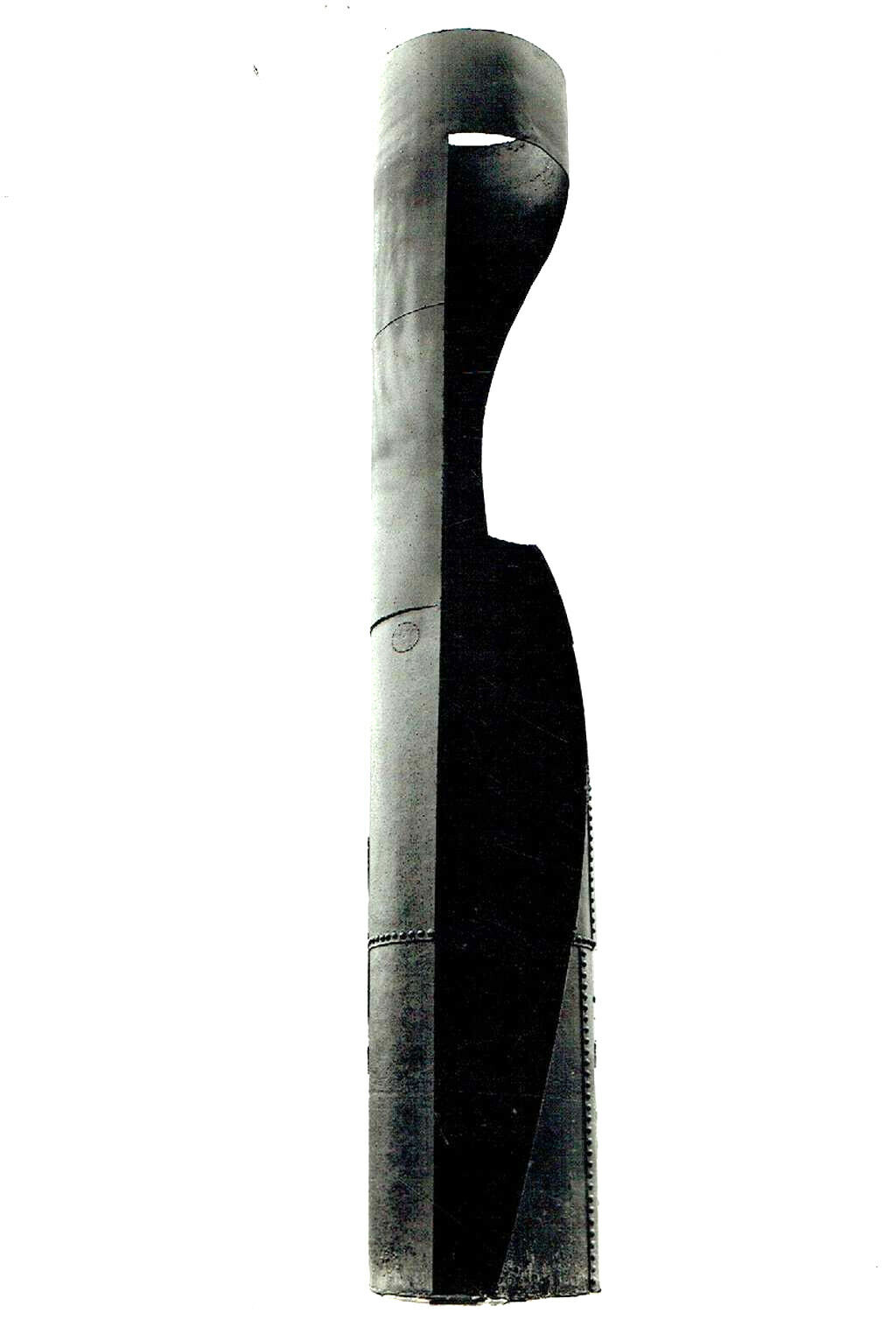-40%
1934 PALESTINE Israel POSTER Zionist JEWISH Judaica BIALIK DEATH Odessa UKRAINE
$ 34.32
- Description
- Size Guide
Description
DESCRIPTION:
Here for sale is an EXTREMELY RARE and ORIGINAL vintage JEWISH-HEBREW Illustrated POSTER which was published in ERETZ ISRAEL ( Then also refered to as Palestine ) in 1934 ( Fully dated ) , Over 75 years AGO , Depicting the IMAGE - PORTRAITof the GREAT JEWISH POET . Comemmorating his death in 1934. A large POSTER . Publisher unknown
. Printed on thin cardboard . Dimensions around 13.5 x 19.5"
. Very good condition. ( Pls look at scan for accurate AS IS images )
Poster will be sent rolled in a special protective rigid sealed package.
AUTHENTICITY
:
The poster is fully guaranteed ORIGINAL from ca 1934 ( Dated ) , NOT a reproduction , It holds a life long GUARANTEE for its AUTHENTICITY and ORIGINALITY.
PAYMENTS
:
Payment method accepted : PAYPAL .
SHIPPING
:
Shipp worldwide via registered airmail is $ 25 .
Poster will be sent rolled in a special protective rigid sealed package.
Handling around 5-10 days after payment.
Hayim Nahman Bialik (Hebrew: חיים נחמן ביאליק; January 9, 1873 – July 4, 1934), also Chaim or Haim, was a Jewish poet who wrote in Hebrew. Bialik was one of the pioneers of modern Hebrew poets and came to be recognized as Israel's national poet.Bialik was born in Radi, Volhynia in Ukraine to Yitzhak Yosef Bialik, a scholar and businessman, and his wife Dinah (Priveh). Bialik's father died in 1880, when Bialik was 7 years old. In his poems, Bialik romanticized the misery of his childhood, describing seven orphans left behind—though modern biographers believe there were fewer children, including grown step-siblings who did not need to be supported. Be that as it may, from the age 7 onwards Bialik was raised in Zhitomir by his stern Orthodox grandfather, Yaakov Moshe Bialik.In Zhitomir he received a traditional Jewish religious education, but also explored European literature. At the age of 15, inspired by an article he read, he convinced his grandfather to send him to the Volozhin Yeshiva in Lithuania, to study at a famous Talmudic academy under Rabbi Naftali Zvi Yehuda Berlin, where he hoped he could continue his Jewish schooling while expanding his education to European literature as well. Attracted to the Jewish Enlightenment movement (haskala), Bialik gradually drifted away from yeshiva life. Poems such as HaMatmid ("The Talmud student") written in 1898, reflect his great ambivalence toward that way of life: on the one hand admiration for the dedication and devotion of the yeshiva students to their studies, on the other hand a disdain for the narrowness of their world.At 18 he left for Odessa, the center of modern Jewish culture in the southern Russian Empire, drawn by such luminaries as Mendele Mocher Sforim and Ahad Ha'am. In Odessa, Bialik studied Russian and German language and literature, and dreamed to enroll in the Modern Orthodox Rabbinical Seminary in Berlin. Alone and penniless, he made his living teaching Hebrew. The 1892 publication of his first poem, El Hatzipor "To the Bird," which expresses a longing for Zion, in a booklet edited by Yehoshua Hone Ravnitzky (a future collaborator), eased Bialik's way into Jewish literary circles in Odessa. He joined the so-called Hovevei Zion group and befriended Ahad Ha'am, who had a great influence on his Zionist outlook.In 1892 Bialik heard news that the Volozhin yeshiva had closed, and rushed home to Zhitomir, to prevent his grandfather from discovering that he had discontinued his religious education. He arrived to discover his grandfather and his older brother both on their deathbeds. Following their deaths, Bialik married Mania Averbuch in 1893. For a time he served as a bookkeeper in his father-in-law's lumber business in Korostyshiv, near Kiev. But when this proved unsuccessful, he moved in 1897 to Sosnowice (then in Austrian Galicia) a small town near the border to Prussia and to Russian Congress Poland. In Sosnowice, Bialik worked as a Hebrew teacher, and tried to earn extra income as a coal merchant, but the provincial life depressed him. He was finally able to return to Odessa in 1900, having secured a teaching job.For the next two decades, Bialik taught and continued his activities in Zionist and literary circles, as his literary fame continued to rise. This is considered Bialik's "golden period". In 1901 his first collection of poetry was published in Warsaw, and was greeted with much critical acclaim, to the point that he was hailed "the poet of national renaissance." Bialik relocated to Warsaw briefly in 1904 as literary editor of the weekly magazine HaShiloah founded by Ahad Ha'am, a position he served for six years.In 1903 Bialik was sent by the Jewish Historical Commission in Odessa to interview survivors of the Kishinev pogroms and prepare a report. In response to his findings Bialik wrote his epic poem In the City of Slaughter, a powerful statement of anguish at the situation of the Jews. Bialik's condemnation of passivity against anti-Semitic violence is said to have influenced the founding Jewish self-defense groups in Russia, and eventually the Haganah in Palestine. Bialik visited Palestine in 1909.In the early 1900s Bialik founded with Ravnitzky, Simcha Ben Zion and Elhanan Levinsky, a Hebrew publishing house, Moriah, which issued Hebrew classics and school texts. He translated into Hebrew various European works, such as Shakespeare's Julius Caesar, Schiller's Wilhelm Tell, Cervantes' Don Quixote, and Heine's poems; and from Yiddish S. Ansky's The Dybbuk.Throughout the years 1899-1915 Bialik published about 20 of his Yiddish poems in different Yiddish periodicals in Russia. These poems are often considered to be among the best achievements of modern Yiddish poetry of that period. In collaboration with Ravnitzky, Bialik published Sefer HaAggadah (1908-1911, The Book of Legends), a three-volume edition of the folk tales and proverbs scattered through the Talmud. For the book they selected hundreds of texts and arranged them thematically. The Book of Legends was immediately recognized as a masterwork and has been reprinted numerous times. Bialik also edited the poems of the medieval poet and philosopher Ibn Gabirol. He began a modern commentary on the Mishnah, but only completed Zeraim, the first of the six Orders (in the 1950s, the Bialik Institute published a commentary on the entire Mishnah by Hanoch Albeck, which is currently out of print). He additionally added several commentaries on the Talmud.Bialik lived in Odessa until 1921, when Moriah publishing house was closed by Communist authorities, as a result of mounting paranoia following the Bolshevik Revolution. With the intervention of Maxim Gorki, a group of Hebrew writers was given permission by the Soviet government to leave the country.Bialik then moved - via Poland and Turkey - to Berlin, where together with his friends Ravnitzky and Shmaryahu Levin he founded the Dvir publishing house. Bialik published in Dvir the first Hebrew language scientific journal with teachers of the rabbinical college Hochschule für die Wissenschaft des Judentums contributing. In Berlin Bialik joined a community of Jewish authors and publishers such as Samuel Joseph Agnon (sponsored by the owner of Schocken Department Stores, Salman Schocken, who later founded Schocken Verlag), Simon Dubnow, Israel Isidor Elyashev (Ba'al-Machshoves), Uri Zvi Greenberg, Jakob Klatzkin (founded Eschkol publishing house in Berlin), Moshe Kulbak, Jakob-Wolf Latzki-Bertoldi (founded Klal publishing house in Berlin in 1921), Simon Rawidowicz (co-founder of Klal), Salman Schneur, Nochum Shtif (Ba'al-Dimion), Shaul Tchernichovsky, elsewhere in Germany Shoshana Persitz with Omanuth publishing house in Bad Homburg v.d.H. and Martin Buber. They met in the Hebrew Club Beith haWa'ad ha'Ivri בית הועד העברי (in Berlin's Scheunenviertel) or in Café Monopol, which had a Hebrew speaking corner, as Eliezer Ben-Yehuda's son Itamar Ben-Avi recalled, and in Café des Westens (both in Berlin's more elegant western boroughs). The then still Soviet theatre HaBimah toured through Germany, renowned by Albert Einstein, Alfred Kerr and Max Reinhardt. Bialik succeeded Saul Israel Hurwitz after his death (8 August 1922) as Hebrew chief editor at Klal publishing house, which published 80 titles in 1922.[1] On January 1923 Bialik's 50th birthday was celebrated in the old concert hall of the Berlin Philharmonic bringing together everybody who was anybody.[2] In the years of Inflation Berlin had become a centre of Yiddish and Hebrew and other foreign language publishing and printing, because books could be produced at ever falling real expenses and sold to a great extent for stable foreign currency. Many Hebrew and Yiddish titles were also translated into German. Once the old inflationary currency (Mark) was replaced by the new stable Rentenmark and Reichsmark this period ended and many publishing houses closed or relocated elsewhere, as did many prominent publishers and authors.In 1924 Bialik relocated with his publishing house Dvir to Tel Aviv, devoting himself to cultural activities and public affairs. Bialik was immediately recognized as a celebrated literary figure. He delivered the address that marked the opening of the Hebrew University in Jerusalem and was a member of its board of governors, and in 1927 he became head of the Hebrew Writers Union, a position he retained for the remainder of his life. In 1933 his 60th birthday was celebrated with festivities nationwide, and all the schoolchildren of Tel Aviv were taken to meet him and pay their respects to him.Bialik wrote several different modes of poetry. He is perhaps most famous for his long, nationalistic poems, which call for a reawakening of the Jewish people. However no less effective are his passionate love poems, his personal verse or his nature poems. Last but not least, Bialik's songs for children are a staple of Israeli nursery life. From 1908 onwards, he wrote mostly prose.By writing his works in Hebrew, Bialik contributed significantly to the revival of the Hebrew language, which before his days existed primarily as an ancient, scholarly tongue. His influence is felt deeply in all modern Hebrew literature. The generation of Hebrew language poets who followed in Bialik's footsteps, including Jacob Steinberg and Jacob Fichman, are called "the Bialik generation".To this day, Bialik is recognized as Israel's national poet. Bialik House, his former home at 22 Bialik Street in Tel Aviv, has been converted into a museum, and functions as a center for literary events. The municipality of Tel Aviv awards the Bialik Prize in his honor. Kiryat Bialik, a suburb of Haifa, and Givat Hen, a moshav bordering the city of Raanana, are named after him. He is the only person to have two streets named after him in the same Israeli city - Bialik Street and Hen Boulevard in Tel Aviv.Bialik's poems have been translated into at least 30 languages, and set to music as popular songs. These poems, and the songs based on them, have become an essential part of the education and culture of modern Israel.Bialik wrote most of his poems using "Ashkenazi" pronunciation, while Hebrew in Israel uses the Sephardi pronunciation. In consequence, Bialik's poems are rarely recited in the meter in which they were written.Bialik died in Vienna, Austria, on July 3, 1934, following a failed prostate operation. He was buried in Tel Aviv: a large mourning procession followed from his home on the street named after him, to his final resting place. **** Poet, translator, essayist, storyteller, editor, one of the greatest Hebrew poets of all time. Bialik is considered Israel's national poet, although he did not live to witness the birth of the State of Israel. Several of his poems have been set to music and gained wide popularity as songs. Some of his works Bialik wrote in Yiddish but most of his important writings are in Hebrew. In many poems Bialik depicted the suffering of his people, but he also could ridicule the weakness and passivity of his fellow intellectuals. You have not changed, you're antic old, There's nothing new I think; Friends, let me join your club, well rot Together till we stink. (from 'On My Return')Hayyim Nahman Bialik was born in Radi, in Volhynia, Russia. He was the youngest of seven children of Reb Yitzok Yoissef Bialik, a scholar and unsuccessful businessman, and Dinah (Priveh) Bialik. After his father's death in 1880, he was raised in Zhitomir by his learned, sternly Orthodox grandfather Reb Yaakov Moishe Bialik. The loss of his father at an early age and life in new surroundings shaped Bialik's thought and later his poems about exile also echoed his personal feelings of rootlessness. Bialik received a traditional Hebrew education, but was also influenced by his mother's interest in Russian and European literature. At the age of eleven he read the Kabbalistic literature of the Middle Ages. Some years later he began to study the Talmud, and spent much time in the beth hamidrash, the traditional house of learning. In 1890 he moved to Volozhin in Lithuania to study at its famous Talmudic Academy (yeshiva). Next year he went to Odessa and devoted there himself to the study of Russian and German. During this period he composed poems which reflected the themes and styles of the Jewish enlightenment (haskalah). Among his friends and mentors was the early Zionist ideologist Ahad Ha'am (1856-1927), whose thoughts influenced his writing. In 1892 Bialik returned to Zhitomir and married Mania Averbuch. His business venture in the lumber trade with his father-in-law failed and he moved in 1897 to Sosnowice, a small town near the Prussian border. There Bialik worked as a teacher and tried to earn extra income as a coal merchant without much success. However, Bialik's fame as a poet had started to grow and he returned to Odessa, a center of Hebrew literature. At a time when most Jews were forbidden to live in Moscow or St. Petersburg, Odessa had many times more Jews than any other city in the Russian part of the empire. Later the people of its famous ghetto, the Moldavanka, was celebrated in Isaak Babel's Tales of Odessa (1931). Bialik worked in Odessa as a teacher, and continued his activities in Zionist and literary circles. Bialik's first volume of poetry appeared in 1901 in Warsaw. He visited Palestine in 1904 and 1908 and also spent some time in Warsaw (1903-05), editing the magazine Ha-Shiloah, which had been founded by Ahad Ha'am. In the early 1900's Bialik founded with Y.H. Ravnitzky (1859-1944) a Hebrew publishing house, Moriah, which issued Hebrew classics and school literature. He translated various European works, such as Shakespeare's Julius Caesar, Schiller's Wilhelm Tell, Cervantes' Don Quixote, and Heine's poems. In collaboration with Yehoshua Hana Ravnizsky Bialik published Sefer Ha Aggadah (1908-1911, The Book of Legends), a three-volume edition of the folk tales and proverbs scattered through the Talmud. For the book they selected hundreds of texts and arranged them thematically. The Book of Legends was immediately recognized as masterwork and has been reprinted numerous times. Bialik also edited the poems of the medieval poet and philosopher Ibn Gabirol and began a modern commentary on the Mishna, the oral law. Bialik's first long poem, 'Ha-Matmid', published in Ha-Shiloah, established his fame as one of the most important Hebrew poets of his time. It presented the Taldumic student as a heroic force of Judaism and depicted the rapidly vanishing life of traditional orthodox Jewish past. Bialik's early poems often dealt with the gap between modern life and religious faith, and the bitterness of exile. He used biblical language and images, but did not slavishly imitate earlier writings. Although his best-known poems are about the tragedy of the Jewish people and national and individual redemption, he also produced passionate love poems. Apathy and inability to act he mocked in such poems as 'On My Return' and 'Summer is Dying', in which he wrote: "The heart is orphaned. Soon a rainy day / Will softly tap the pane." The poem continues with another voice, which wakes up the day-dreamer: '"Look to your boots, patch up your coats, go fetch / The potatoes again."' With his call for a reawakening and modernization of language Bialik deeply influenced the Renaissance period of Hebrew literature on its way from Europe to Palestine. Rise and go to the town of the killings and you'll come to the yards and with your eyes and your own hand feel the fence and on the trees and on the stones and plaster of the wall the congealed blood and hardened brains of the dead. (from 'City of the Killings', trans. by Atar Hadari) 'City of Killings' concerned the Kishinyov Pogrom, during which about 50 people were massacred. The poet guides the reader through the horrible sights of the slaughter and asks: "And who else is like God and earth and can bear this in silence?" It is said that Bialik's castigating passivity against anti-Semitic violence furthered the idea of founding Jewish self-defense groups in Russia, and eventually the Haganah in Palestine. His other famous poems include 'Metei midbar' (Dead of the Desert), 'Ha-Berekhah' (The Pool), and 'Mgilat haesh' (1905, The Scroll of Fire), set in the time of the destruction of the first temple in Jerusalem. From 1908 Bialik wrote more prose than poetry. After the Bolshevik Revolution the Communist authorities viewed with suspicion Bialik's work for the Hebrew culture, and the publishing house Moriah was closed. With the help of Maxim Gorky, Bialik received a permission to emigrate. He moved in 1921 to Germany, where he established the Dvir publishing house. In 1924 he moved to Tel Aviv - at that time Palestine was administered by Britain under a League of Nations mandate. During the last decade of his life, Bialik participated in a number of cultural pursuits. He delivered the address that marked the opening of Hebrew University in Jerusalem, was a member of its board of governors, visited the United States on behalf of the Palestine Foundation Fund, toured in Poland, and founded the weekly philosophical and literary discussions in Tel Aviv, which he called "Oneg Shabbat" (Enjoyment of the Sabbath). Bialik died in Vienna, Austria, on July 4, 1934, following a surgery. He was buried in Tel Aviv. Bialik's poems have been translated into some 30 languages. His home, designed by Yossef Minor at 22 Bialik Street in Tel Aviv, was later opened to the public as a museum. Bialik's poems - and songs based on them - have become an essential part of the education and culture of modern Israel. They are read at schools, and his verses and expressions are frequently recited in festivals and all kinds of public events. ebay1508

